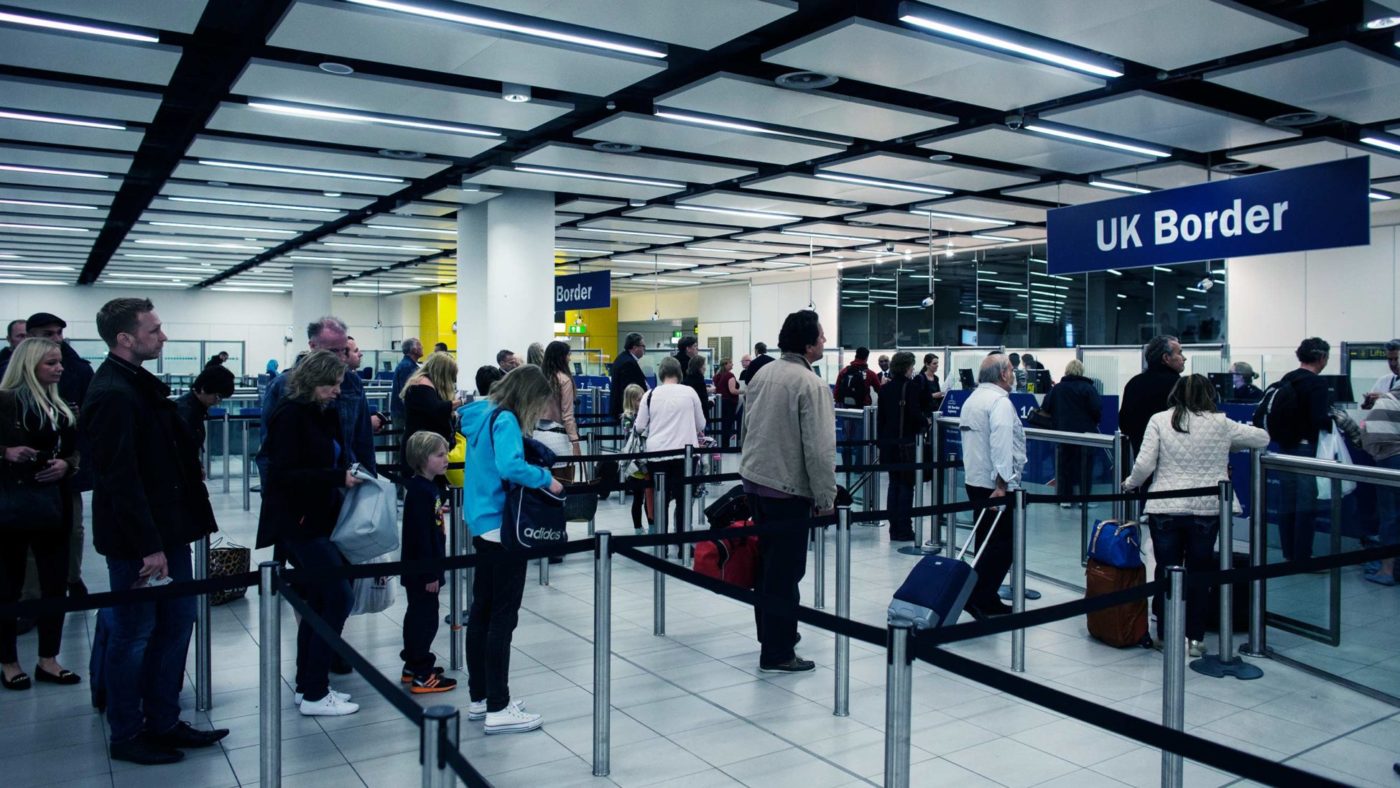Conspiracy theories were once thought to be the preserve of the paranoid fringes, disconnected from mainstream society. The social isolation of their proponents made them feel innocuous, worthy of nothing more than a shake of the head.
Recently, however, citizens’ belief in the political contract at the heart of our democracies has been catastrophically eroded. The notion that a self-serving elite has ‘betrayed’ the citizens it is charged with serving has become a compelling narrative. And in such an environment of depleted trust, the propensity to believe in misdeeds and cover-ups – no matter how outlandish – is heightened.
Of all the issues at stake, it is the very human issue of immigration that has provided such fertile ground for citizens’ suspicions about their governments. While nationalist populists have harnessed the issue to advance their campaigns, citizens’ concerns about immigration have been well-established for many years. The frustration borne out of the perceived inaction from politicians to address these has been instrumental in catalysing a dangerous environment of profound suspicion.
Surveys I have conducted with Opinium as part a new report find that 58 per cent of Britons now believe the government is concealing the true cost of immigration from British taxpayers and society. Perhaps even more alarmingly, 51 per cent also believe that successive governments have deliberately sought to make Britain more diverse, despite the rising tide of anxieties about immigration, and 42 per cent think that those politicians and journalists who have raised concerns about the issue have been treated unfairly.
Leave voters, Conservatives and UKIP supporters are the most likely to be conspiratorial on immigration, although half of Labour voters and 40 per cent of Remain voters also subscribe to such theories. These findings ring true in the context of the emotive and persistent role that immigration has played in British politics over the past decade. But at its heart is a collapse of the political settlement that should shake traditional parties to their very core. After all, once someone is persuaded of a given conspiracy, disproving it can be an uphill battle.
One limitation of the existing debate around immigration and misinformation has been the imposition of a certain moral quality. Citizens’ concerns and perceptions are often dismissed as ‘fantasies’, or those sowing division and peddling conspiracy theories are exalted as celebrities. It has been considerably more difficult to navigate the delicate path of acknowledging that there are understandable reasons behind the formation of conspiracy theories around immigration, while also giving credence to the genuine dangers their widespread dissemination poses to governance and cohesion.
There is perhaps no other issue of contemporary government policy outside of the realm of security and defence that has been so sensitive to political considerations, and which has compelled so many politicians to lie, obfuscate and repress information. As immigration has increased in its salience, governments have tended to become less transparent, fearful of ‘feeding the beast’ of burgeoning social tensions.
This has almost always proven to be a mistake. As the political fall-out of the 2015 New Year’s Eve sexual harassment incidents in Cologne, and the appalling cascade of grooming scandals in English towns and cities have shown, governments’ unwillingness to confront the darkest sides of integration policy creates fertile ground for conspiracies to flourish.
It is also true that governments regularly find themselves plagued by various border control blunders, in which lawful residents are torn from their families and callously deported, or migrants carrying shameful criminal pasts are mistakenly let through the door, only to reoffend again. While recognising the media inclination to sensationalise such stories, they nonetheless capture genuine failings that are difficult to brush away. After all, trust is hard-won and easily lost.
The landscape has become even more perilous as cultural warriors and populist firebrands have begun to represent cultural diversity as posing an existential crisis to the future of Western Christian civilisation. For conspiracy theorists, little work is needed to connect the sense of urgency, fear and status anxiety at stake into a greenhouse of paranoia.
The dangers of such a pernicious and fragile social climate are plain to see, as the relationship between conspiracy thinking, and the propensity for violent behaviour, is well-established. It is difficult to identify a single terrorist incident in which conspiracy theories did not play some role in the processes of radicalisation.
While there is clearly a broad spectrum between citizens’ natural scepticism of the state, their rational mistrust in opaque and sometimes failing systems, and the genuine belief in a state-sponsored effort to eliminate white populations in a form of demographic ‘genocide’, the boundaries between these feel more open to persuasion than at any time in recent history.
It is difficult to see how liberal politicians, now so firmly on the back foot, can begin to rebuild a sense of good will in their capacity to govern effectively on immigration. The mistrust has built over a generation, and it will likely require another to regain any sense of authority. The first step is surely to invest in the human and system capacity to ensure that existing policies are effectively enforced, and mistakes are few and far between. As these alarming findings show, there is no room for complacency with so much at stake.


